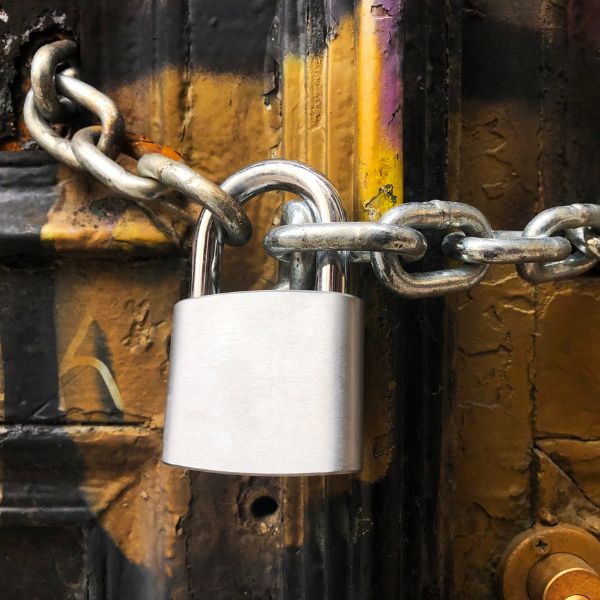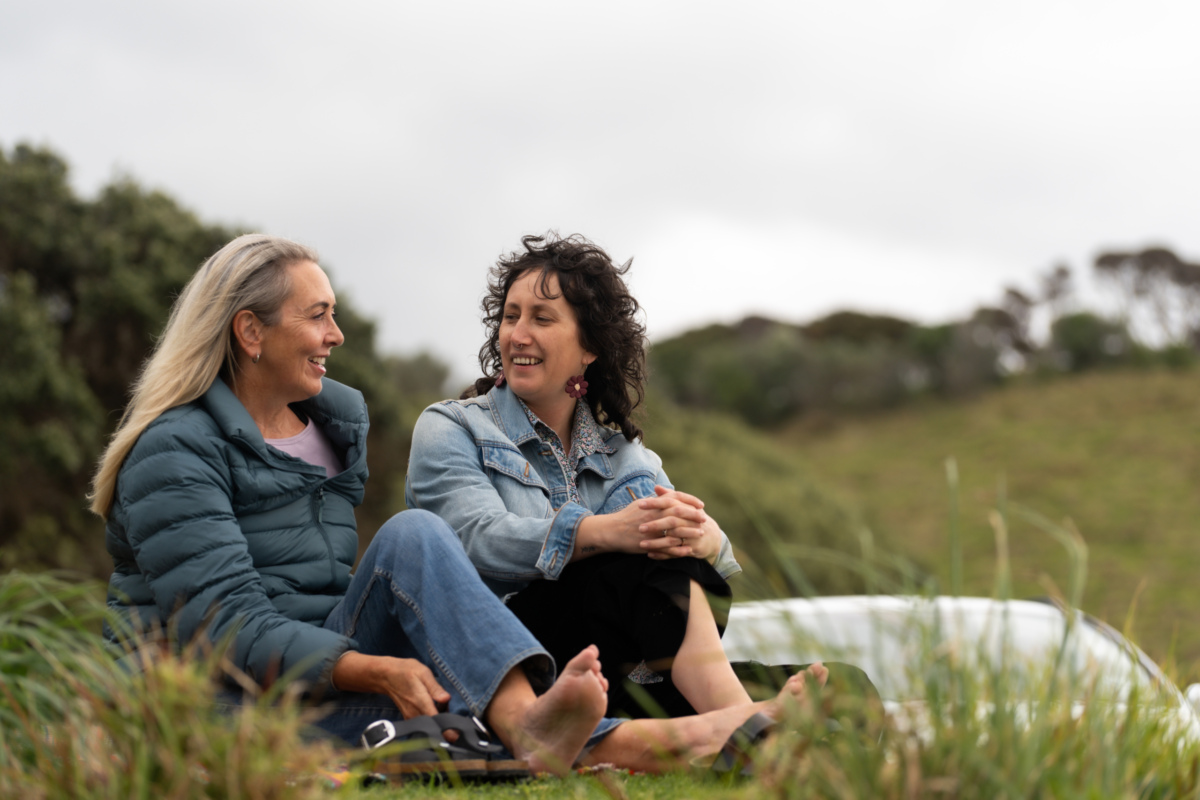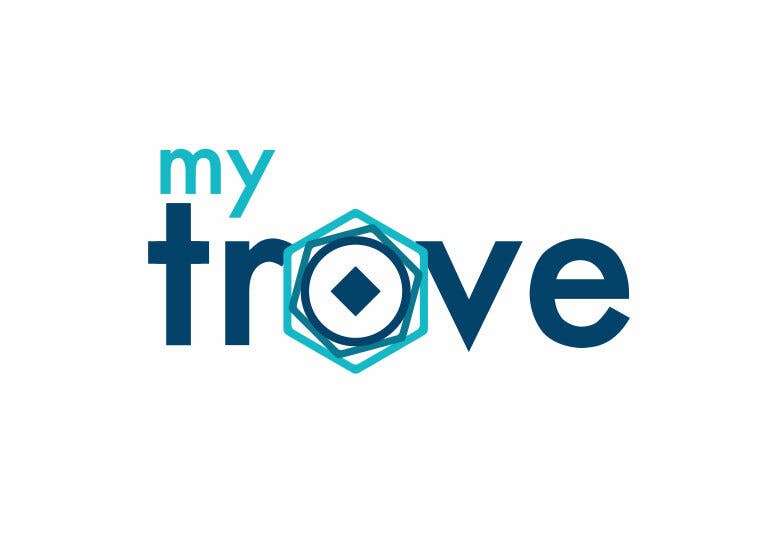Managing & Accessing Finances
If your loved one has left instructions in a will or file or created and shared a Go With Grace plan, you may be able to easily find and access their financial details as an executor of their estate.
If there are no such instructions, finding and accessing bank accounts, insurance details and other information after a loved one dies can be a frustrating, time-consuming process.
An Enduring Power of Attorney stops as soon as someone dies. However, if your attorney has been managing bank accounts, paying bills, dealing with insurance, handling investments and talking to the bank while you are alive, they will have a good idea of where things are at and can assist your executor after you die.
Bank accounts when someone dies
The bank should be notified when a loved one dies. This is the responsibility of the administrator or executor of the will. Some funeral directors may help families with this process.
If the bank account is in the sole name of the deceased then the bank account will be frozen until the bank has received a probate/letters of administration along with the documents they required for closure. This means that any automatic payments attached to the accounts will be stopped (with the exception of mortgage payments).
Joint bank accounts (i.e. between a husband and wife) will continue to be able to be operated by the survivor and will pass into the survivor’s sole name. Banks, however, will generally allow funeral expenses to be paid from a loved ones’ bank account, if there are sufficient funds available.

Recording your important information & wishes
Our Go With Grace planning tool allows people to record and share important information and end-of-life wishes.
Use your Go With Grace Plan to create a digital and financial information list including: Bank names (not passwords); Account types; KiwiSaver provider; Insurance providers; Mortgage details; Accountant/lawyer contacts, Online and digital subscriptions and where important documents are stored.
This can be updated as often as you like.

Notifying organisations about a death
MyTrove is a website offering a single place for people to be able to notify multiple organisations of a death and start the account closure process with each notified organisation.
- Government – finalise tax affairs, cancel a passport, end Superannuation payments.
- Banks – close bank accounts with major banks
- Insurance – let life insurers know you’ve got a claim
- Utilities – advise utilities to disconnect or transfer the account
Frequently Asked Questions
This is a responsibility of the executor/administrator of the estate. Each bank has their own requirements for closure. There will be forms to be completed. The Bank will also need a certified copy of the death certificate and probate/letters of administration.
If no instructions have been left, a search amongst their belongings may help. There may be monthly bank statements posted. If they were employed, their employer will have the name of the bank their wages were paid to. If all else fails the administrator/executor can contact the different banks and ask if they have an account.
Bereavement Leave
Work and Income Funeral Grant
ACC Financial Support
Veterans Affairs Financial Support
Life Insurance Payouts
Contact should be made with the companies to notify them of your loved one’s passing. The bills are the responsibility of the estate, and the executor will need to make arrangements to pay them, when there are funds available to do so.
A family member or friend can pay a bill on behalf of the estate and be reimbursed at a later date. Once contact has been made with the utility company the utility companies will update the bills into the name of the estate and executors.
There are a number of ways people own things and there isn’t always a simple answer to this. Houses and bank accounts for example can be “jointly owned”. Any assets that are jointly owned, will normally pass to the surviving owner. That means that for a joint bank account or a jointly owned house, the assets automatically pass to the surviving owner (normally a husband or wife). That transfer happens regardless of what is set out in any will.
For assets which are simply owned outright or as “tenants in common” (that means in separate shares) those assets will pass to the executors of the estate and then will pass in accordance with the instructions in their Will or under intestacy law.
In New Zealand, both: Enduring Power of Attorney (EPOA), and ordinary Power of Attorney automatically stop the moment the person dies. You have zero legal authority to act under that power after death.
If the bank doesn’t know:
– The EFTPOS/credit cards may still work
– Online banking may still be accessible
– Someone could withdraw money illegally
Even well-meaning family members using the card “to pay for the funeral” can accidentally commit fraud. Some payments (like NZ Super) must be repaid if received after death. Not notifying can create a bigger mess later.
You will need a probate or letters of administration and the death certificate. You will also need Photo ID and proof of address.
Have a look through your loved ones’ personal belongings. Have they left a list of details as to what their assets are, who they bank with etc.? There may be documents amongst their personal belongings. They may have also had an AP set up with their bank which shows regular deductions being made. If you are unable to find anything, but believe there is a policy in place, it is prudent to contact insurance companies to see if they may hold life insurance for your loved one. Law firms sometimes hold older insurance policy documents too.
If a search through personal belongings doesn’t shed light, then try checking with the Bank or the employer may provide information. Enquiries can also be made with IRD. If a KiwiSaver is in place, then they can provide details on who the provider is. The KiwiSaver will be accessed by the executor/administrator of the estate.
Benefit payments are able to continue for 28 days after a person dies. This is called a ‘terminal benefit’. Often Work and Income stops benefits when they are informed that someone has died. However, they should continue for 28 days if financially needed. For example, if someone has superannuation, their super can continue to be paid for 28 days.
Or if someone is on supported living payment or jobseeker, this can also be paid for 28 days after death. This is also the same for supported living payment (carer). Often people worry that their benefit will stop immediately. So, it’s helpful to know to contact Work and Income to inform of death and request confirmation of 28 days payment. This can really help with paying standard bills, and can also contribute towards funeral costs.

